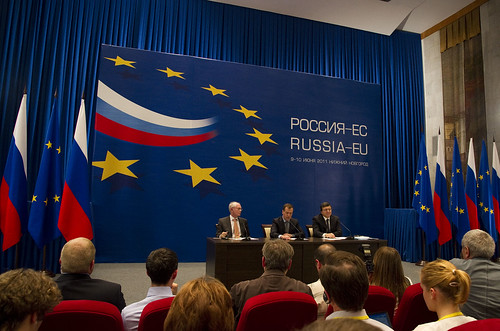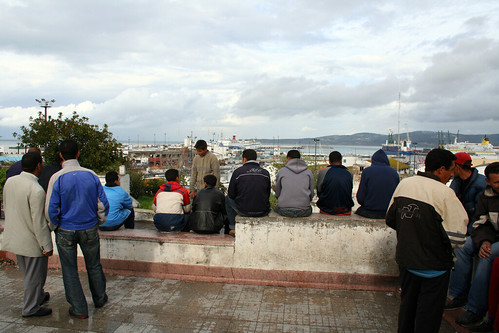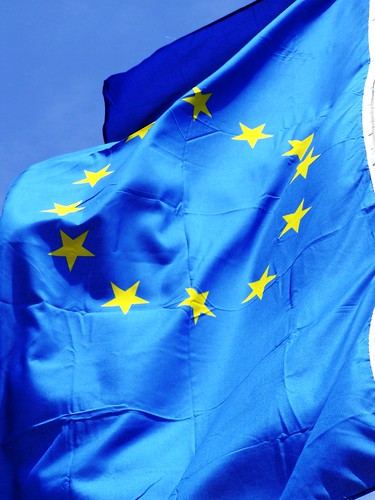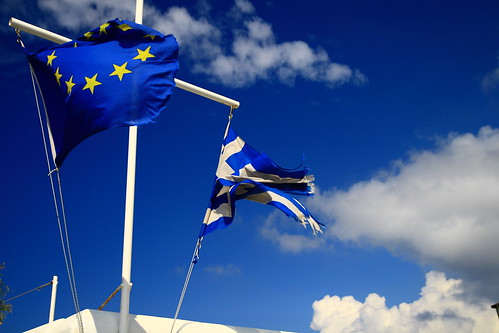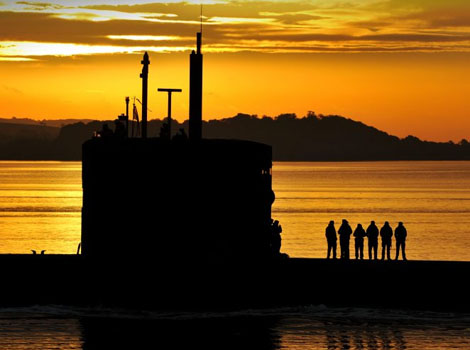
Amidst the financial crisis, European nations have attempted to consolidate resources to tailor their defense capabilities to more efficiently meet the emerging security challenges. Cooperation has become the buzz-word in Europe, with the EU’s Pooling and Sharing Initiative and NATO’s Smart Defense both emphasizing the notion of “doing more with less.” In his opening remarks at the NATO Defense Minister’s meetings in October, Secretary General Rasmussen outlined more multinational teamwork as the solution to spending scarce resources more effectively. On NATO’s Industry Day, he called for industry to propose multinational solutions, instead of individual ones. Yet despite the high level guidance, effective cooperation on long-term capabilities remains elusive.
Albeit long-term capabilities pose significant challenges, cooperation on them is not implausible. The British ballistic nuclear submarine fleet is in need of replacement, and France’s fleet will soon follow course. In today’s resource-scarce and cooperation-prone environment, their futures could converge into a single co-produced platform. This “Eurosubmarine” might initially be designed to fully replace each nations fleet in an economical way, but if the political climate changes, it could emerge as a shared platform, housing two sovereign sets of nuclear missiles, or even as a joint European nuclear deterrent.

